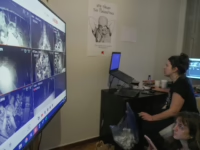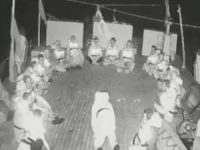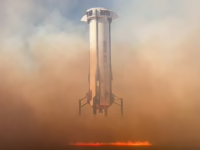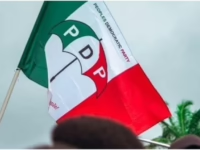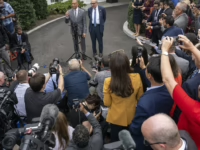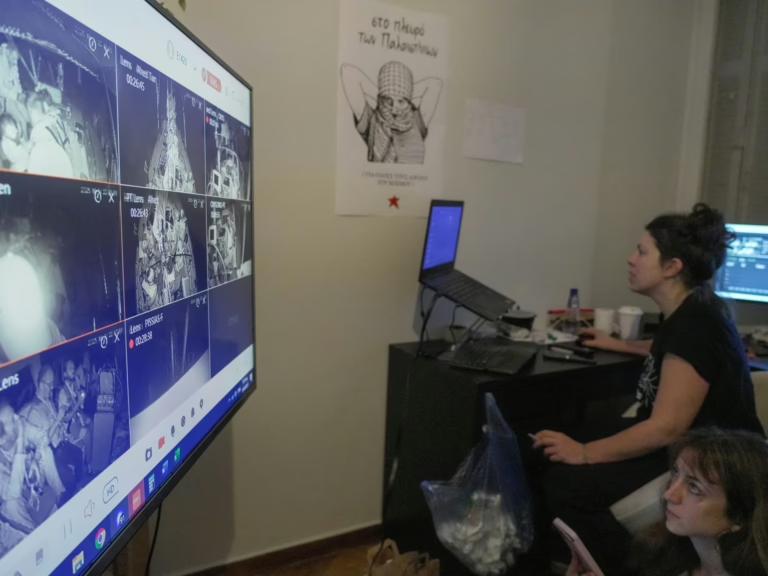The Global Sumud Flotilla, a large-scale maritime aid convoy aiming to challenge Israel’s blockade of Gaza, was intercepted by Israeli forces. This mission, one of the most significant naval humanitarian efforts directed at the Palestinian territory, attracted widespread international attention.
Late Wednesday, Israeli naval units boarded over 40 civilian vessels carrying approximately 500 activists. Those on board were detained and transported to Israel for further processing.
Israel had previously declared its intent to prevent the flotilla from reaching Gaza, accusing the participants of attempting to violate a legitimate naval blockade-an assertion contested under international law.
Since Hamas assumed control of Gaza in 2007, Israel has imposed varying degrees of blockade on the region. This has effectively confined Gaza’s population, with strict Israeli oversight on the flow of food, goods, and humanitarian aid into the enclave.
Details of the Flotilla Interception on Wednesday
According to the flotilla’s organizers, Israeli forces intercepted the convoy approximately 70 nautical miles (130 kilometers) off Gaza’s coast. The naval units reportedly disrupted communications and jammed signals as the flotilla approached the blockaded waters.
Activists recounted encounters with unmarked boats and surveillance drones shadowing the convoy, escalating tensions aboard the vessels.
A statement from the flotilla condemned the interception as illegal, highlighting that Israeli forces boarded the ships in international waters and deliberately disabled communication systems to prevent distress calls and live broadcasts of the boarding operation.
Although the flotilla carried only a modest quantity of humanitarian supplies, its mission was symbolic-seeking to establish a maritime route to Gaza amid a severe humanitarian crisis exacerbated by nearly two years of conflict.
Israel’s Official Reaction
The Israeli Ministry of Foreign Affairs released footage featuring a navy spokesperson warning the flotilla by phone that it was approaching a restricted maritime zone. The spokesperson emphasized that all aid destined for Gaza must be delivered through authorized channels.
Israel’s UN ambassador, Danny Danon, announced that detained activists would be deported following the conclusion of the Yom Kippur holiday on Thursday.
According to reports, six vessels, including the Alma, have been intercepted, with more expected. Israeli forces boarded the ships and detained numerous activists. However, due to the holiday, courts and detention facilities are largely inactive, leaving detainees in legal uncertainty.
We will not permit any publicity-driven attempts to breach our sovereignty in an active conflict zone. Those who illegally entered Israeli waters will be deported immediately after Yom Kippur. Israel has consistently offered peaceful avenues for aid delivery to Gaza, but this… pic.twitter.com/JVZldN0kYb
– Danny Danon 🇮🇱 דני דנון (@dannydanon) October 1, 2025
Since 2009, Israel has maintained a naval blockade it deems essential to prevent arms smuggling. Israeli authorities have also accused some flotilla organizers of ties to Hamas, allegations the activists firmly deny.
Previous Attempts to Challenge the Blockade
Efforts to break Gaza’s naval blockade date back over a decade, with several notable incidents:
- 2010 – Mavi Marmara Incident: The most notorious event occurred when Israeli commandos boarded the Turkish ship Mavi Marmara, part of the Gaza Freedom Flotilla. Violent clashes resulted in the deaths of 10 activists, sparking international outrage and severely damaging Israel-Turkey relations. Israel later apologized for operational errors in 2013, and compensation talks continue. Meanwhile, Turkish courts are prosecuting Israeli personnel in absentia for alleged war crimes.
- 2011-2018 – Intercepted Flotillas: Several smaller flotillas were stopped during this period. Israel typically redirected these vessels to Ashdod port, detained participants, and confiscated cargo. Reports from 2018 include allegations of activists being tasered and physically assaulted.
- 2024 – Continued Attempts: Activist groups persisted in organizing flotillas, but Israel either blocked their departure from foreign ports or intercepted them before reaching Gaza’s waters.
- 2025 – Renewed Missions: Multiple flotillas set sail to contest the blockade. One notable mission in June involved the ship Madleen, which departed from Catania, Sicily, carrying essential supplies and activists, including environmental campaigner Greta Thunberg. Israeli forces intercepted the vessel in international waters, deploying chemical irritants and detaining the 12 onboard, who were later deported.
Additional Information on the Current Flotilla
The Global Sumud Flotilla embarked in late August 2025, departing from ports in Spain and Italy, with stops in Greece and Tunisia en route across the Mediterranean.
Initially comprising over 50 vessels from at least 44 countries, the convoy included hundreds of international volunteers, activists, and lawmakers. Among them were 24 Americans, including several military veterans.
The flotilla carried symbolic but vital humanitarian aid such as food, medical supplies, and other essentials intended for Gaza’s population.
Activists reported hostile incidents at sea, including suspected drone attacks near Malta and Crete, which damaged some vessels and forced their withdrawal. By the time the flotilla reached the eastern Mediterranean, 44 ships remained.
The flotilla’s progress drew international scrutiny. Spain and Italy deployed naval assets to monitor the convoy and stand ready to assist if necessary, while governments worldwide called for calm and restraint from all involved parties.



